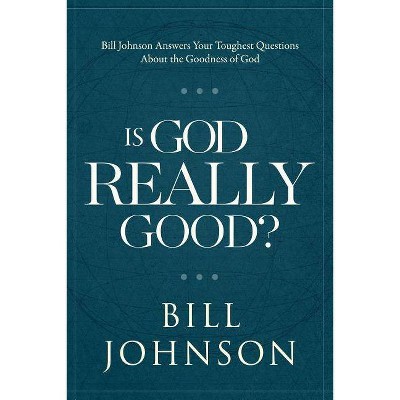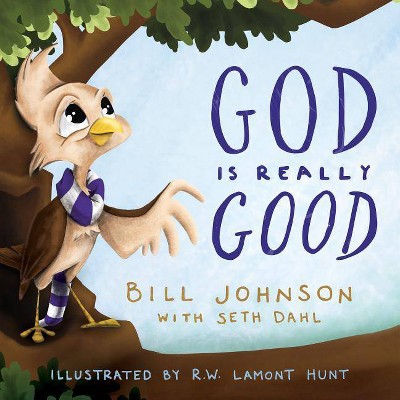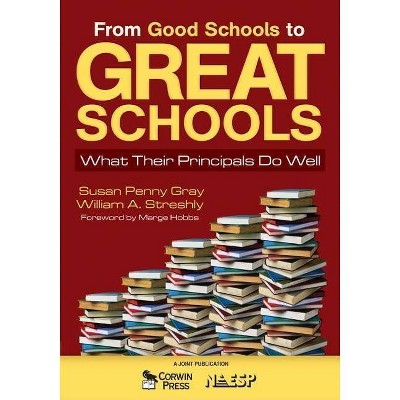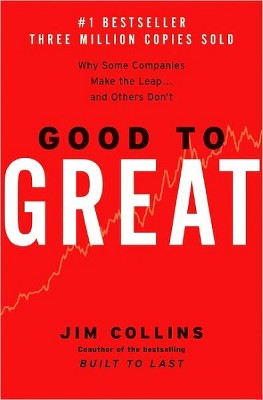Really Good Schools - by James Tooley (Hardcover)
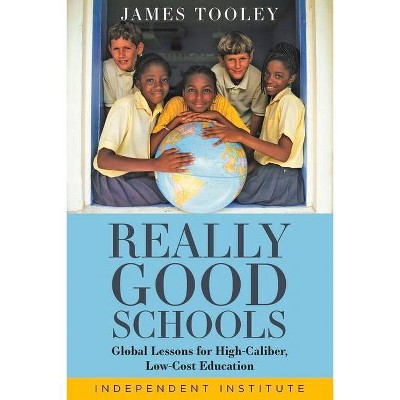
Similar Products
Products of same category from the store
AllProduct info
<p/><br></br><p><b> About the Book </b></p></br></br>"Almost overnight a virus has brought into question America's nearly 200-year-old government-run K-12 school-system-and prompted an urgent search for alternatives. But where should we turn to find them? Enter James Tooley's Really Good Schools. A distinguished scholar of education and the world's foremost expert on private, low-cost innovative education, Tooley takes readers to some of the world's most impoverished communities located in some of the world's most dangerous places-including India and such war-torn countries as Sierra Leone, Liberia, and South Sudan. There, in places where education "experts" fear to tread, Tooley finds thriving private schools that government, multinational NGOs, and even international charity officials deny exist. Why? Because the very existence of low-cost, high-quality private schools shatters the prevailing myth in the U.S., U.K., and western Europe that, absent government, affordable, high-quality schools for the poor could not exist. But they do. And they are ubiquitous and in high demand. Founded by unheralded, local educational entrepreneurs, these schools are proving that self-organized education is not just possible but flourishing-often enrolling far more students than "free" government schools do at prices within reach of even the most impoverished families"--<p/><br></br><p><b> Book Synopsis </b></p></br></br><p>"James Tooley has taken his argument about the transformative power of low-cost private education to a new and revelatory level in <i><b>Really Good Schools</b></i>. This is a bold and inspiring manifesto for a global revolution in education."</p><p><b>--Niall C. Ferguson</b>, Milbank Family Senior Fellow, Hoover Institution, Stanford University</p><p>Almost overnight a virus has brought into question America's nearly 200-year-old government-run K-12 school-system--and prompted an urgent search for alternatives. But where should we turn to find them? </p><p><b>Enter James Tooley's <i>Really Good Schools.</i></b></p><p>A distinguished scholar of education and the<b> world's foremost expert on private, low-cost innovative education</b>, Tooley takes readers to some of the world's most impoverished communities located in some of the world's most dangerous places--including such war-torn countries as Sierra Leone, Liberia, and South Sudan. </p><p>And there, in places where education "experts" fear to tread, Tooley finds thriving private schools that government, multinational NGOs, and even international charity officials deny exist. </p><p>Why? </p><p>Because t<b>he very existence of low-cost, high-quality private schools shatters the prevailing myth</b> in the U.S., U.K., and western Europe that, absent government, affordable, high-quality schools for the poor could not exist.</p><p>But they do. And they are ubiquitous and in high demand. Founded by unheralded, local educational entrepreneurs, these schools are proving that self-organized education is not just possible but flourishing--often enrolling far more students than "free" government schools do at prices within reach of even the most impoverished families.</p><p>In the course of his analysis Tooley asks the key questions: </p><p>■ What proportion of poor children is served?</p><p>■ How good are the private schools? </p><p>■ What are the business models for these schools? </p><p>■ And can they be replicated and improved? </p><p><b>The evidence is in.</b> In poor urban and rural areas around the world, children in low-cost private schools outperform those in government schools. And the schools do so for a fraction of the per-pupil cost.</p><p>Thanks to the pandemic, parents in America and Europe are discovering that the education of their children is indeed <b>possible--and likely far better--without government meddling</b> with rigid seat-time mandates, outdated school calendars, absurd age-driven grade levels, and worse testing regimes. And having experienced the first fruits of educational freedom, parents will be increasingly open to the possibilities of ever greater educational entrepreneurship and innovation. </p><p>Thankfully, they have <i><b>Really Good Schools</b></i> to show the way.</p><p/><br></br><p><b> Review Quotes </b></p></br></br><br>". . . <b><i>Really Good Schools </i></b>provides the essential understanding of how low-cost, private schools extend access to high quality education for the poor. . . . This makes <b><i>Really Good Schools</i></b> utterly essential reading!" --<b>Sir Anthony F. Seldon</b>, Former Vice Chancellor, Buckingham University; Co-Founder, Institute for Contemporary British History<br><br>". . . James Tooley's book <b><i>Really Good Schools </i></b>reveals the surprising successes of low-cost private schools pioneered by conscientious entrepreneurs (including himself) in the slums of developing countries where resources are frequently scarce, and danger often lurks." --<b>Donald A. Downs</b>, Alexander Meiklejohn Emeritus Professor of Political Science, Law and Journalism, University of Wisconsin<br><br>"<b><i>Really Good Schools </i></b>is a manifesto for educational freedom--the emancipation of education, as he calls it--and how we can move towards it." --<b>Sir Robert G. W. Balchin</b>, Chairman, Commission on Special Needs in Education; former Pro-Chancellor, Brunel University<br><br>"Here in <b><i>Really Good Schools </i></b>is perhaps the most beautiful and neglected story in the world. Unremarked and unreported, low-cost private schools have sprung up to serve some of the poorest places on Earth. . . . And he ponders how some of the principles of self-organized learning might be imported into the United States and other wealthy nations." --<b>Daniel J. Hannan</b>, Former Member, European Parliament<br><br>"I strongly support the idea of expanding the affordable independent sector: variety in education is the spice of life especially in this drearily conformist age. So, more ammunition from James Tooley and from his book <b>Really Good Schools</b>." --<b>Lord Robert J. A. Skidelsky</b>, Emeritus Professor of Political Economy; University of Warwick<br><br>"In the fascinating and provocative book, <b><i>Really Good Schools</i></b>, James Tooley applies his immense learning about low-cost, entirely-private schools around the world to develop a daring and truly thought-provoking proposal along those lines for the United States. . . . Check it out." --<b>Chester E. Finn Jr.</b>, Distinguished Senior Fellow and President Emeritus, Thomas B. Fordham Institute; former U.S. Assistant Secretary of Education<br><br>"James Tooley, rightly celebrated for his discovery and promotion of private schools serving the poor in Africa, India, and China, now in <b><i>Really Good Schools </i></b>argues that the logic of his findings could transform education in America and Britain." --<b>Charles L. Glenn</b>, Professor Emeritus, Educational Leadership and Policy Studies, Boston University<br><br>"Ten years after his pioneering book<i> The Beautiful Tree</i>, James Tooley has taken his argument about the transformative power of low-cost private education to a new and revelatory level in <i><b>Really Good Schools</b>.</i> . . . This is a bold and inspiring manifesto for a global revolution in education." --<b>Niall C. Ferguson</b>, Milbank Family Senior Fellow, Hoover Institution, Stanford University<br><p/><br></br><p><b> About the Author </b></p></br></br><b>James Tooley</b> is vice-chancellor and president at the University of Buckingham and formerly was director of the E. G. West Centre and professor of education policy at Newcastle University. <i>Philanthropy Magazine</i> has described him as "a 21st-century Indiana Jones" traveling to "the remotest regions on Earth researching something that many regard as mythical: private, parent-funded schools serving the Third World poor."
Price History
Price Archive shows prices from various stores, lets you see history and find the cheapest. There is no actual sale on the website. For all support, inquiry and suggestion messages communication@pricearchive.us

